Spiritual Beliefs of African Peoples
The wombs of the ancient African lands whisper ancient secrets, buried in the sand and dust of the ages. The peoples of this vast continent, marked by centuries of struggle and glory, have always looked to the sky and the earth, to the stars and the shadows, seeking to understand the mysteries of the world and the forces that govern their lives. Amid the din of battles and the tumult of kingdoms, there has always been one constant, a silver thread that connects the living to the dead, men to the gods. The ancestors, these benevolent or feared specters, haunt the shadows of the past. The deities, these powerful and elusive forces, command destiny.
The Ancestors
In ancient cities, in the shadow of great mountains and deep in lost valleys, ancestors are not mere dead shadows, drowned in oblivion. They still live in the hearts and minds of the living. At every crossroads, at every momentous decision, their name is whispered, their benevolence is implored. In the dust of war, in the calm of harvests, ancestors are there, omnipresent.
Take the Yoruba , these children of the warm lands of the West, where oracles whisper ancient words. With each sacrifice, with each prayer offered, the ancestors rise from the dark lands to offer their blessing or their curse. The Day of the Dead is not a celebration of the deceased, but a meeting, a sacred ritual to maintain the balance between the two worlds. Each offering, each song sung by candlelight, is a thread stretched between the invisible and the visible.
The rituals of ancestor veneration have spanned the ages like bridges between the living and the dead, bridges that many seek to cross but few understand. Every family, every lineage, maintains its sacred altar, a sanctuary where souls keep watch. One misspoken word, one inappropriate gesture, and the precarious balance is shattered.
References:
- “African Religions: A Very Short Introduction” by Jacob K. Olupona
- “The Yoruba Religion: Introduction to Its Practice” by Baba Ifa Karade
The Deities
But beyond the ancestors, in the dark recesses of the universe, there are greater, even more ancient powers, deities whose powers defy understanding. The Orisha , the Vodun , those primordial and terrible forces that control rain, thunder, sea, and earth, can bestow blessings... or an eternal curse. The kingdoms of men are in their hands, and the fragile balance between the human world and the world of the gods is never more than a thread stretched across an abyss.
The Yoruba worship Shango , the god of thunder, whose gaze makes the heavens tremble and whose lightning strikes with deadly precision. When he enters the dance, the lightning is his swords and the heavens his kingdom. He is the embodiment of fire, war, and passion. He is a god feared but respected, for the victory and prosperity of the people depend on his goodwill. And Oshun , gentle but implacable, goddess of love and fertility, sees all, feels all. Her love can set a heart ablaze, or cause it to freeze in the ice of a tragic destiny.
In the dense forests of Voodoo , the Vodun rule over spirits and nature, more powerful than steel and more elusive than air. Each deity, each spirit, is a voice in the storm, a wind blowing on souls, a tree whose roots extend into the unseen. Legba , the guardian of the gates, is one of the most famous, but he is also the one who is feared, for in every gate there is a promise, and every promise can turn into a death trap.
References:
- “The Sacred Arts of Haitian Vodou” by Donald J. Cosentino
- “Yoruba Religion and Medicine in Ibadan” by Adebayo O. Oladosu
Ancestors and Deities
The ancestors, with their ancient wisdom and whispering voices, and the deities, those beings of unparalleled power, are not in opposition. No, they form a fragile balance, an eternal dance between memory and the moment. The ancestors are the counselors, the guides of the shadows, while the deities are the powers that shape destiny, those who open or close the doors of fate.
It is in rituals, sacrifices, and prayers that these two forces come together, merge, and complement each other. Blood sacrifices and offerings to the gods are sometimes accompanied by chants to the ancestors, and each sacred act is a promise of continuity between the living and the dead.
Conclusion
In this world of ancestors and deities, every tree, every rock, every river is sacred. The breath of the wind is the voice of the ancestors, and the bursts of light on the horizon are the eyes of the gods.
The African people, despite the passage of time and trials, continue to walk between these two worlds, one foot in the flesh, the other in the shadows, always in search of balance.
In every heart, a prayer whispers. In every ritual, a bond is woven. The ancestors have not left, and the gods are never far away. They are there, in every gaze, in every breath, in every stone. And the story continues, eternal, without end.
Useful links to learn more about the subject:
Additional literary references:
- “African Religions and Philosophy” by John S. Mbiti
- “The Religion of the Yoruba” by Samuel Johnson
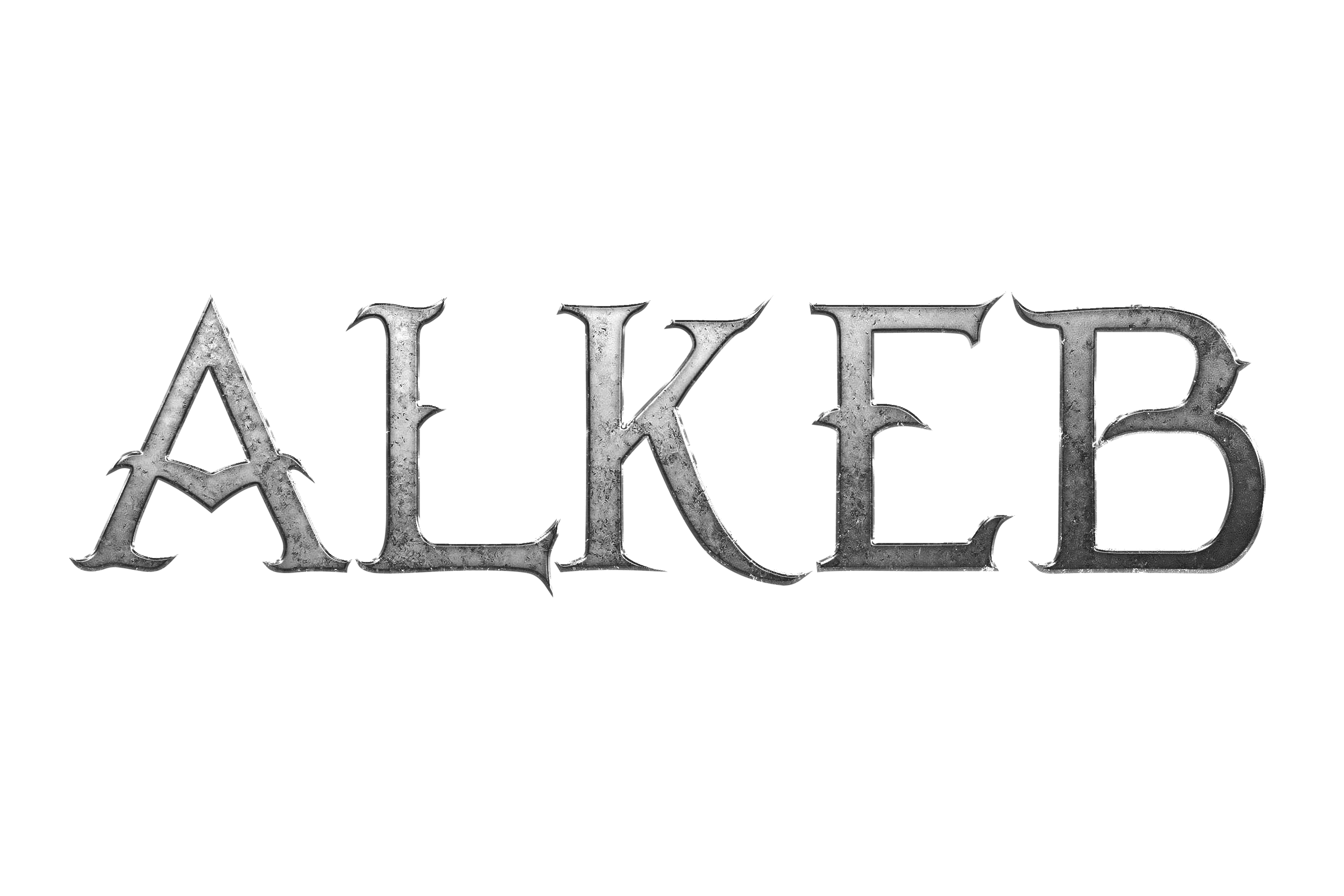
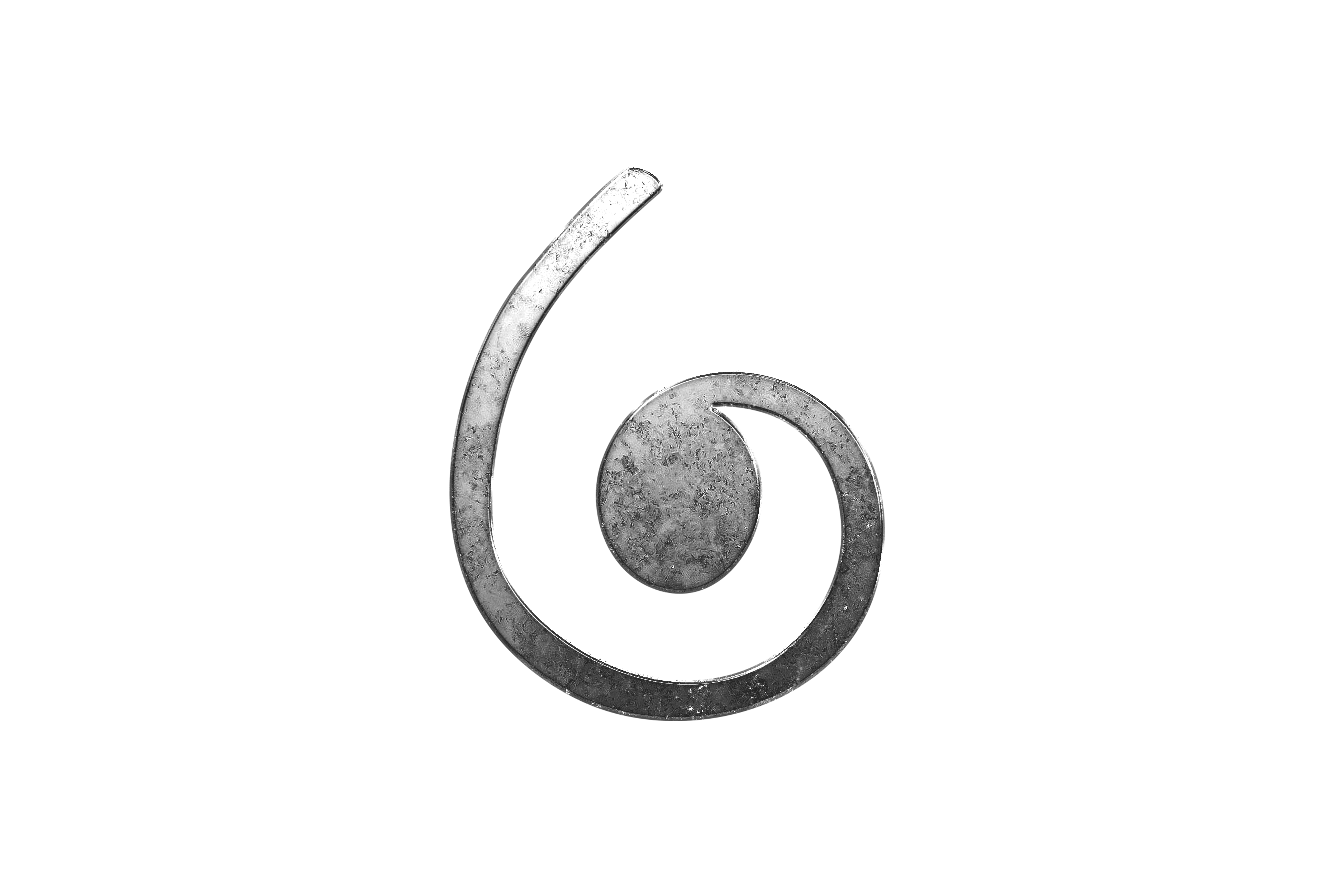

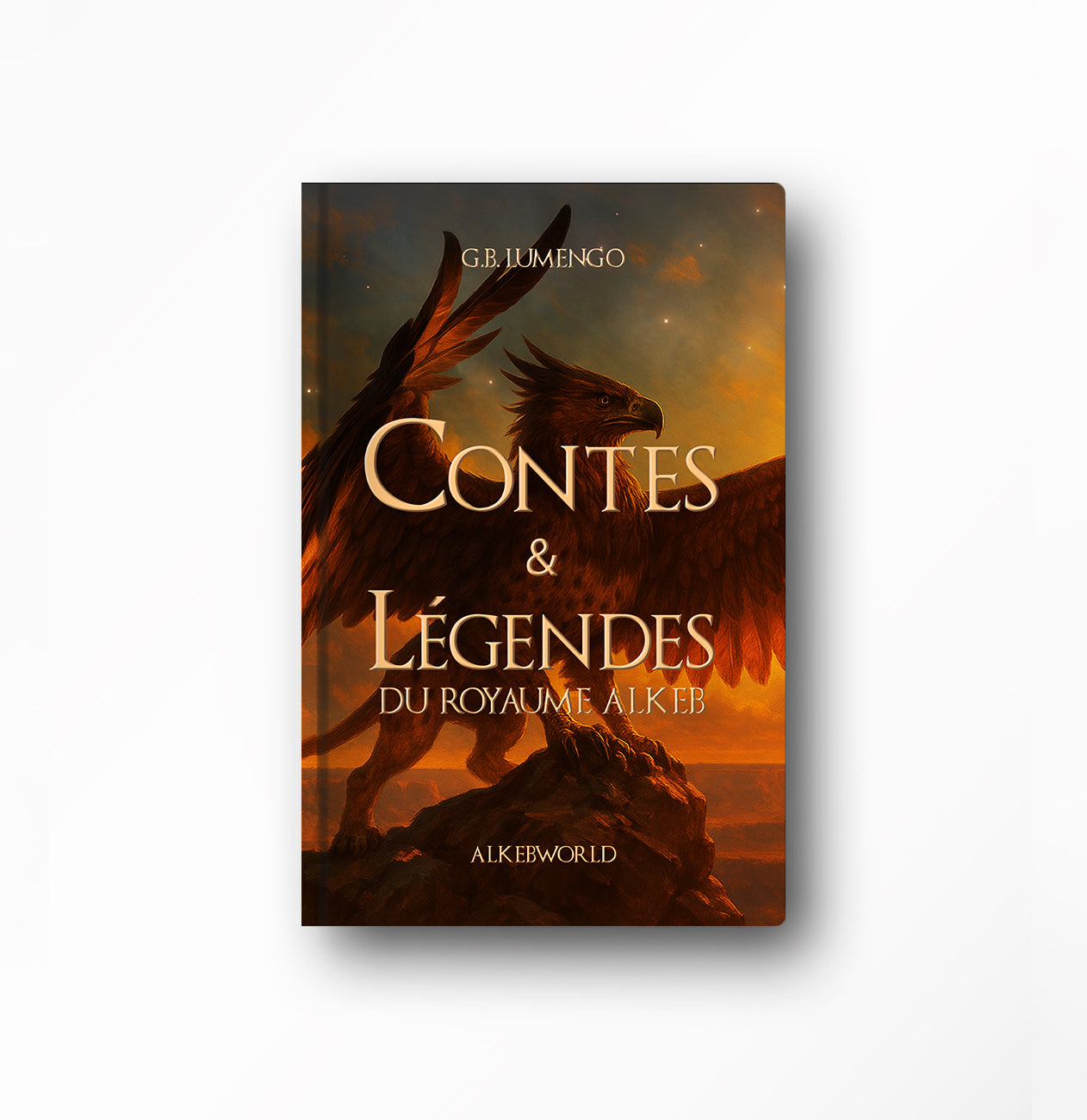
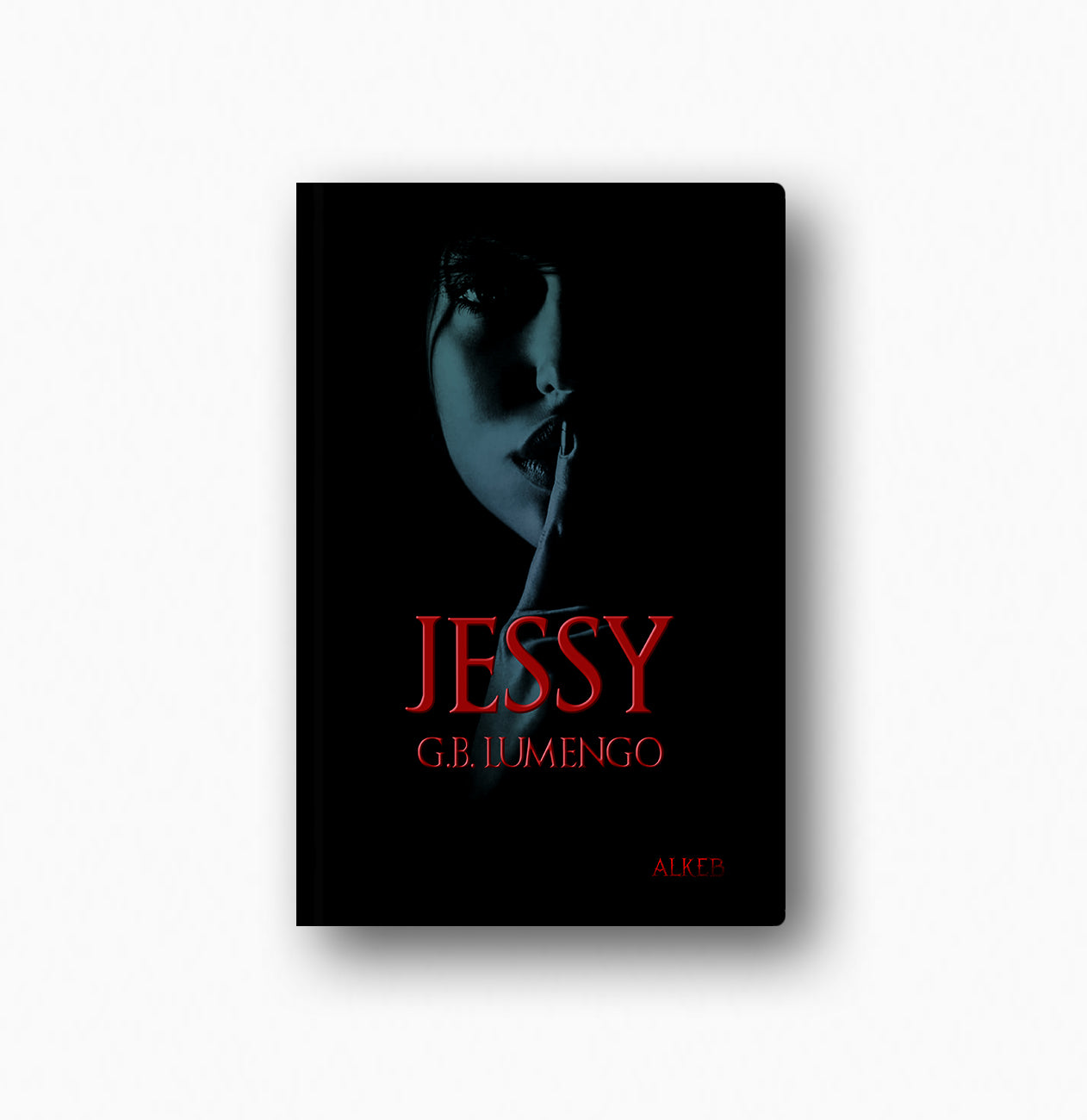
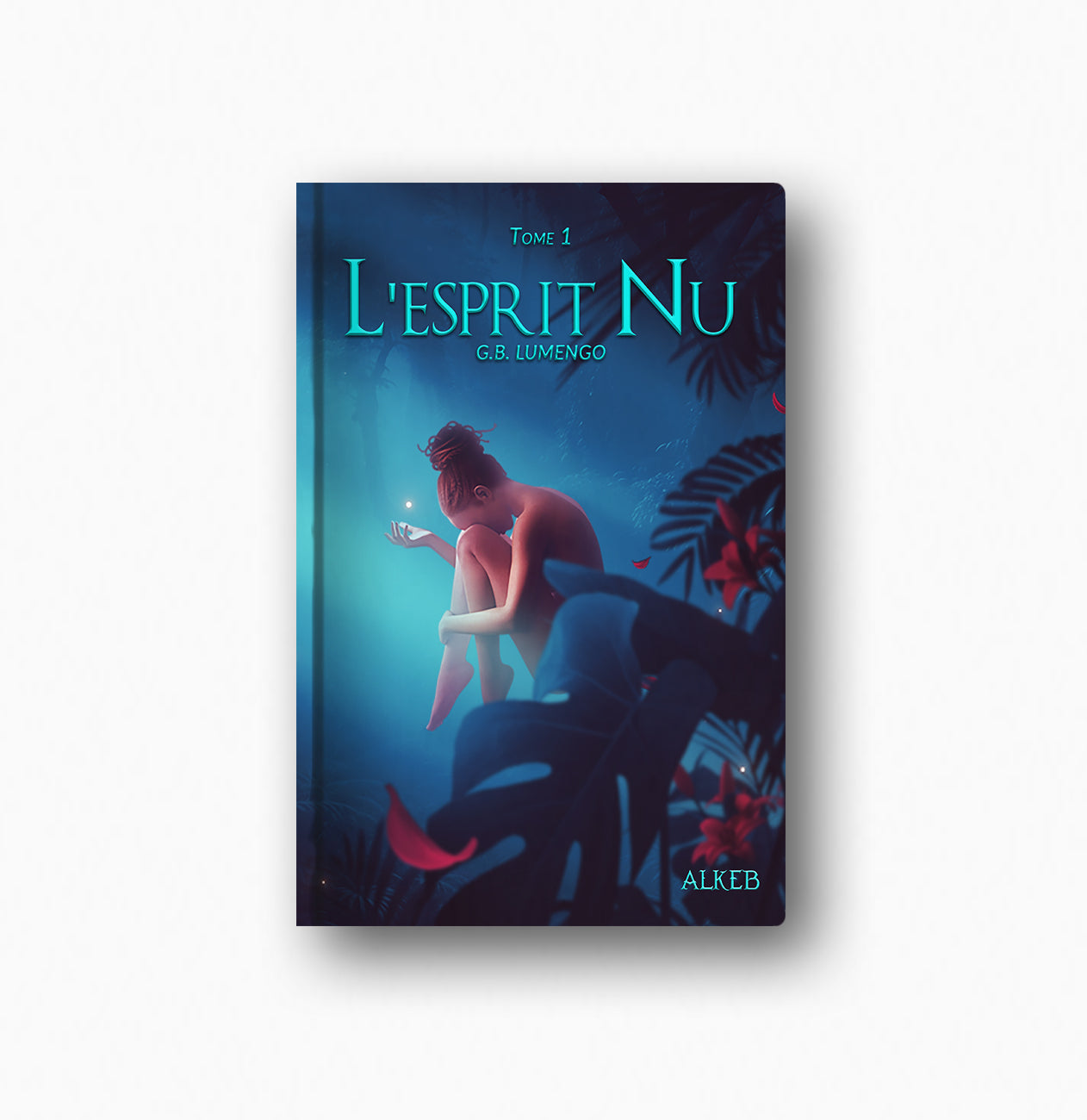
Share the article:
The Renaissance of the Imagination
The Great African Mythological Figures